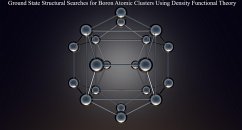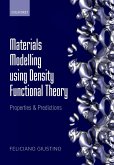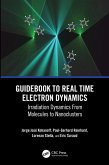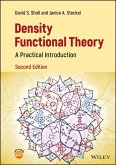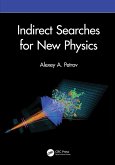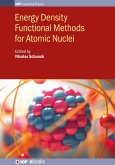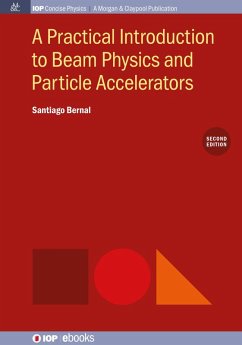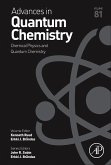In this project, we used a computational scheme to predict the best atomic arrangements of boron clusters. A completely unbiased search mechanism was implemented to determine optimal boron clusters. An approximate model was first used to locate minimum energy conformations, followed by a more accurate first principles' calculation to get the global minimum. Our results were then validated by comparisons to those reported in literature. The objective was to perform a consistent search of cluster sizes ranging from sizes n = 2-14, 16, 18 and 20. This was done to not only study where boron makes its transition from flat to three-dimensional clusters, but also to determine patterns in their evolution with size. The motivation behind our work and the long-term goal involved exploring the viability of the existence of large cage-like boron clusters, like B80, which have been proposed in literature as being extremely stable.
This version was revised in February 2022.
Dieser Download kann aus rechtlichen Gründen nur mit Rechnungsadresse in A, B, CY, CZ, D, DK, EW, E, FIN, F, GR, H, IRL, I, LT, L, LR, M, NL, PL, P, R, S, SLO, SK ausgeliefert werden.

